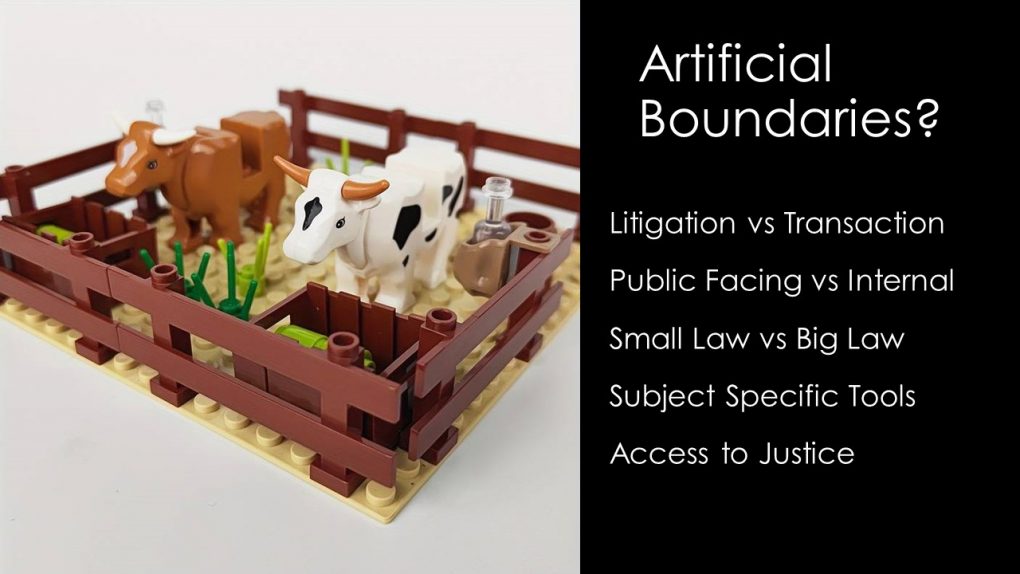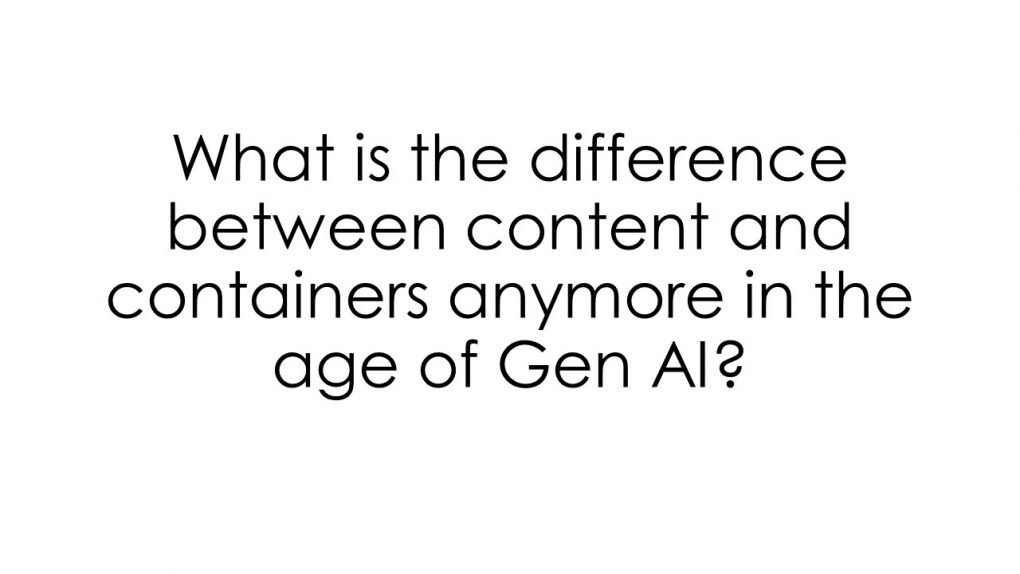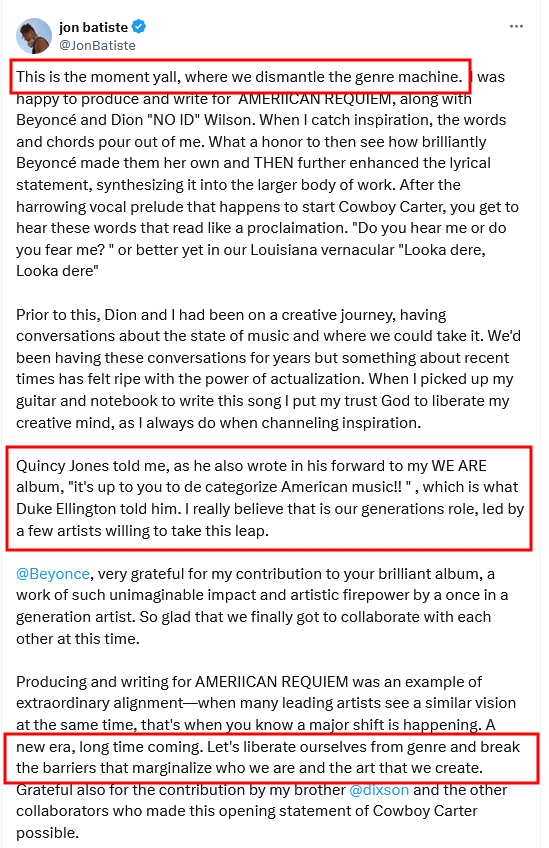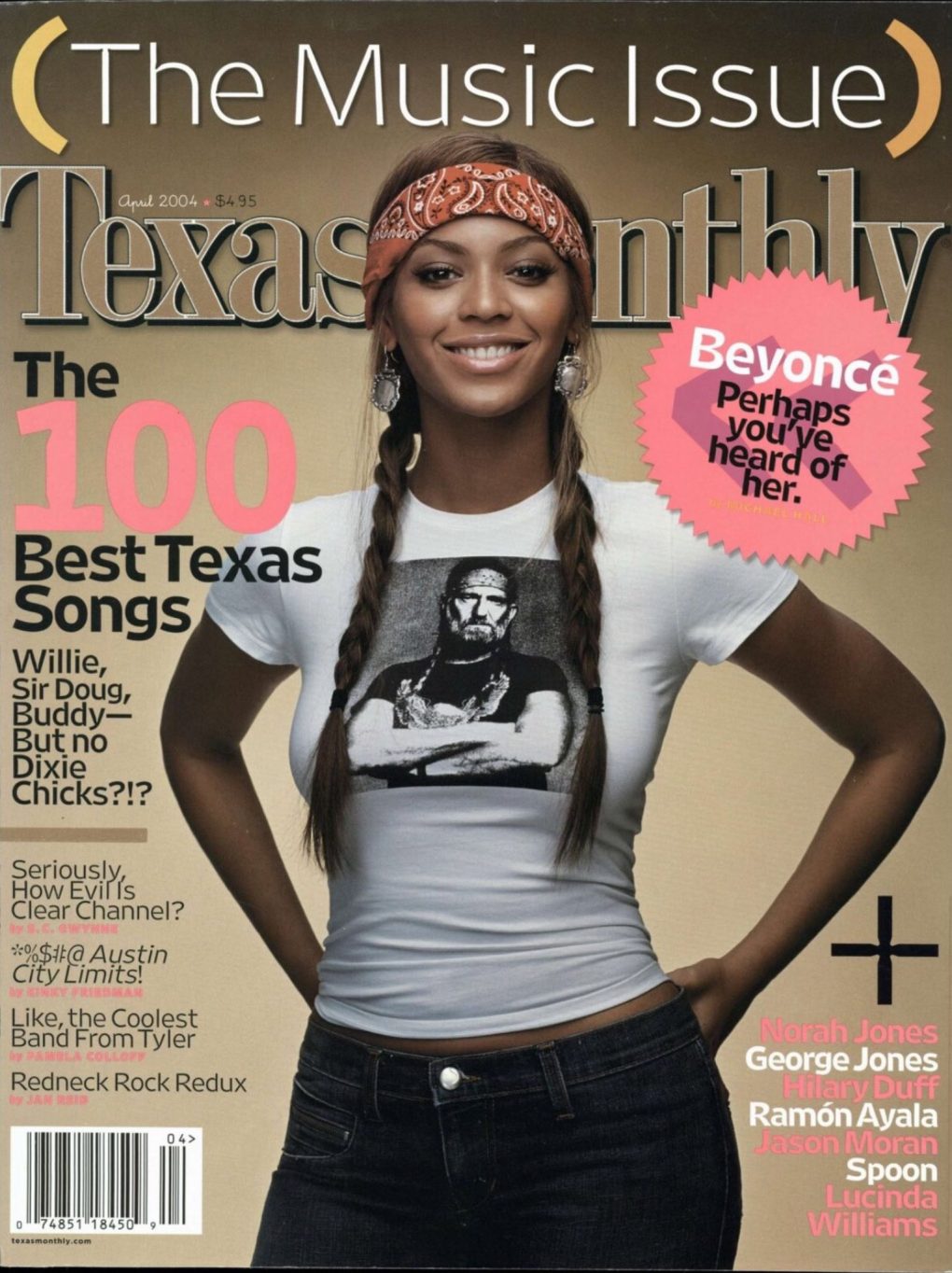I am a classifier by nature. For instance, whenever I eat a bag of M&Ms or Skittles (or Smarties, for my Canadian friends), I generally dump the bag out, sort the candy by color, and then start eating first by most numerous and then when they’re all an even number, one at a time from each color until they’re gone.
I have never claimed to be sane.
So when I started classifying Legal Tech as a full time job starting in May 2021, I was in heaven. But then a funny thing happened.
I knew a lot about Legal Tech when I started at Reynen Court, or at least I thought I did, but that job was a full immersion into the world of Big Law and Corporate Legal Departments. So I was listening to vendor demos and studying tech stacks and found myself thinking…
“Okay, we have a tool that uses AI to analyze a corpus of content, it provides an analytical overview, and then it highlights content that matches set parameters. Then we have a second tool that uses AI to analyze a corpus of content, provide an analytical overview, highlight content that matches set parameters, and then it serves up content suggestions to use in drafting a new piece of content. Then there’s a third tool that uses AI to analyze a corpus of content, provide an analytical overview, highlight content that matches set parameters, and then it serves up content suggestions to use in drafting a new piece of content. And one is an eDiscovery tool, one is a transactional tool, and one is a litigation tool. Huh, that’s…interesting.”
And then I break the fourth wall and look at the imaginary camera like I’m a character in The Office.

Maybe I have no idea what I’m talking about. I usually don’t. But….I can’t help but think that around 2020, Casetext started branding itself as an “Litigation Automation” company. (Or at least on their Twitter bio.) And then when they launched Co-Counsel, it had Seven Skills: “Search a database. Review documents. Summarize. Contract policy compliance. Extract data from contracts. Legal research memo. Prepare for a deposition.”
So maybe there’s 650 million reasons to think I might be onto something?
Back when God was in short pants and I was a baby librarian trying to figure out the digitization of the library world, we had lots of conversations about the differences between “content” and “container” of legal information and how they affected both use and collection/curation choices. One of the things I’m thinking A LOT about these days is…

I note all of this because something very important has just happened. Beyoncé Giselle Knowles-Carter released her new album “Cowboy Carter.” Although a lot of people are calling it a country album, which in itself would be sort of hard because the term “country music” covers a large swath of genres, the artist herself has called it a “Beyoncé album.”
Now, there’s a whole lot to unpack about this album and why she made it and all the history and influences that feed into it. But in all the analyses and reviews, one thing in particular caught my eye…
Jon Batiste, who’s from NOLA and thus knows a little something about blending musical styles, worked with her on the album. He posted this on Twitter:

I feel like I keep saying about various topics “we’ve been ignoring this, but I think we really should start thinking about it now” or at least “people have been working on this but it’s not as much of an ‘all hands on deck’ emergency like I’d like to see” and I guess we’re going to throw “categories of tools and people in law” on the pile. How are our separations of types of tools, who can use them, and who we assume is capable of performing what actions holding us back?
As it also always seems, I’m not sure that I have any answers, mostly questions. So I’ll leave you with this bit of wisdom from the legend Willie Nelson and his appearance Cowboy Carter:
“Sometimes you don’t know what you like and then someone you trust turns you on to some REAL good shit.”
We’re in for some wild times. It’s good to find people you trust who can help turn your mind onto new ideas and concepts, especially if they’re from somewhere out of your genre.


